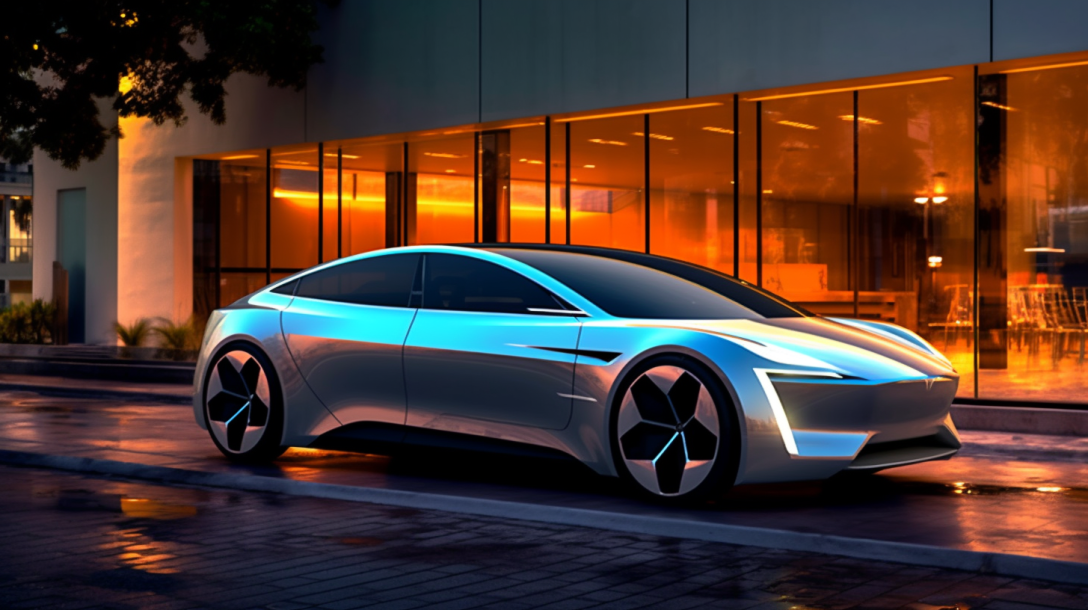Hybrid Vehicles vs. Electric Vehicles with Range Extenders

I. Introduction
In the rapidly evolving landscape of the automotive industry, the shift towards more sustainable and efficient modes of transportation has never been more apparent. As we stand at the crossroads of this transformation, two types of vehicles have emerged as frontrunners in the race towards a greener future: hybrid vehicles and electric vehicles with range extenders. However, a closer examination reveals that while hybrid vehicles are often seen as a stepping stone to fully electric vehicles, they are fundamentally overcomplicated internal combustion engine (ICE) vehicles in disguise. On the other hand, electric vehicles with range extenders offer an innovative solution to range anxiety, serving as a safety net for those extra miles before the next charge.
II. Understanding Hybrid Vehicles
Hybrid vehicles, as the name suggests, combine two different power sources: an internal combustion engine (ICE) and an electric motor. The vehicle switches between these two power sources, or uses them simultaneously, to optimize fuel efficiency. However, this dual powertrain system adds a layer of complexity to the vehicle’s operation. The energy transition process between the ICE and the electric motor can lead to inefficiencies and potential maintenance issues.
Moreover, despite their ‘green’ label, hybrid vehicles still rely heavily on fossil fuels. The ICE component requires regular refueling with gasoline or diesel, and the environmental impact of this cannot be ignored. In essence, hybrid vehicles are overcomplicated ICE vehicles, dressed up in the guise of sustainability.
III. Unveiling Electric Vehicles with Range Extenders
In contrast, electric vehicles with range extenders operate primarily on an electric powertrain. The vehicle runs on battery power, with a small ICE or fuel cell acting as a ‘range extender’. This range extender kicks in to generate electricity when the battery level drops to a certain point, effectively eliminating the range anxiety associated with fully electric vehicles.
The beauty of this system lies in its simplicity and efficiency. The primary power source is electric, reducing the vehicle’s reliance on fossil fuels. The range extender serves as a backup, providing peace of mind for longer journeys without the need for frequent charging stops. This makes electric vehicles with range extenders a practical and environmentally friendly solution for many drivers.
IV. Comparative Analysis
When comparing fuel efficiency, electric vehicles with range extenders generally outperform hybrid vehicles. The primary use of electric power, coupled with the efficiency of the range extender, results in lower fuel consumption and emissions.
In terms of maintenance, the simpler powertrain system of electric vehicles with range extenders also offers advantages. With fewer moving parts and no need for oil changes, these vehicles often have lower maintenance costs than their hybrid counterparts.
From an environmental perspective, electric vehicles with range extenders have a smaller carbon footprint. While they do still use some fossil fuels, the amount is significantly less than that of hybrid vehicles.
Finally, in terms of user experience, the quiet, smooth operation of electric vehicles with range extenders, along with the elimination of range anxiety, offers a superior driving experience.
V. Looking Towards the Future
While electric vehicles with range extenders offer a more efficient and practical solution than hybrid vehicles, it’s important to note that they, too, are a stopgap solution. The ultimate goal for sustainable transportation is full electrification. Both hybrid vehicles and electric vehicles with range extenders still rely, to some extent, on fossil fuels. The future lies in vehicles powered entirely by renewable energy sources, with advanced battery technology that eliminates the need for range extenders. As we continue to innovate and push the boundaries of what’s possible, this future becomes increasingly within our reach.
VI. Conclusion
In conclusion, while hybrid vehicles may seem like a step towards a greener future, they are fundamentally overcomplicated ICE vehicles in disguise. Electric vehicles with range extenders, on the other hand, offer a more efficient, practical, and truly sustainable solution. However, it’s crucial to remember that both these vehicle types are transitional technologies on the path to full electrification, which is the ultimate goal for sustainable transportation. As we look towards the future of the automotive industry, it is clear that electric power, with the safety net of a range extender, offers a promising path forward, but the end goal remains a fully electric, renewable energy-powered vehicle.